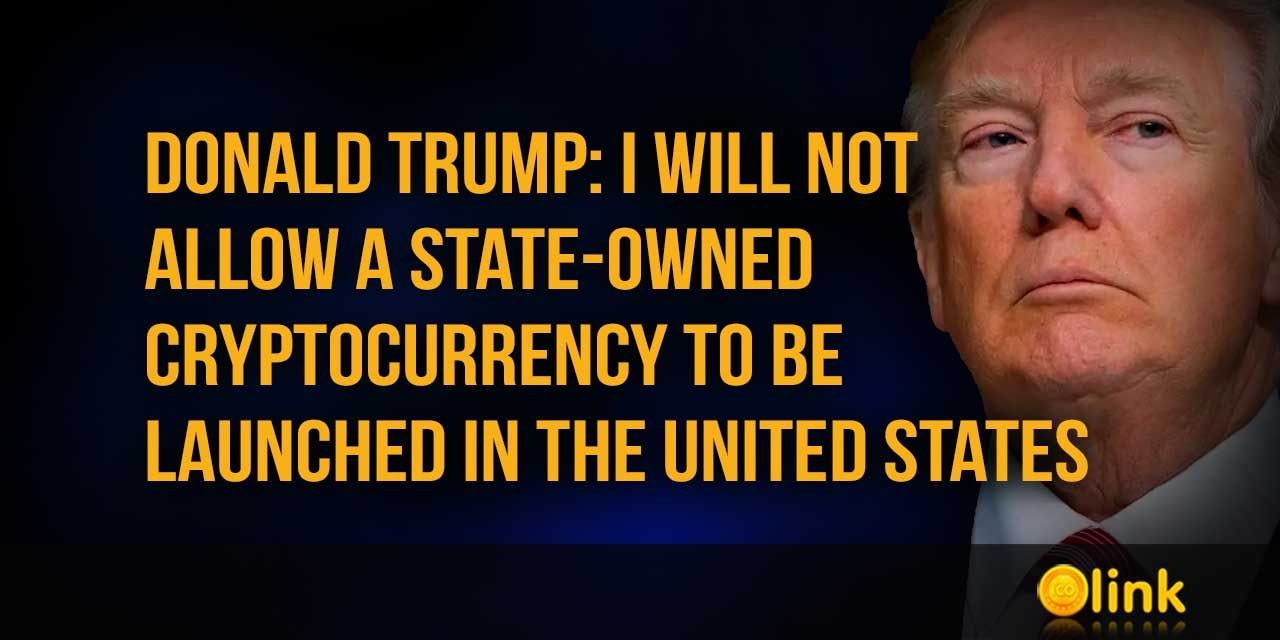Donald Trump: I will not allow a state-owned cryptocurrency to be launched in the United States
Trump's Stance Against State-Owned Cryptocurrency in the US
Donald Trump, former US President and presidential candidate, has made a clear statement regarding the future of cryptocurrency in the United States, particularly focusing on the concept of a state-owned digital currency. During a speech in Portsmouth, he firmly declared that, if re-elected, he would prevent the Federal Reserve from launching a central bank digital currency (CBDC).
Trump emphasized the potential risks associated with the emergence of a CBDC. One of his primary concerns is 'debarking' - the refusal to provide banking services to a client. This, according to Trump, could become more prevalent with the introduction of a state-controlled digital currency.
Another significant worry Trump highlighted is the potential for political pressure that a government-owned cryptocurrency could exert on individuals who are out of favor with the government. He expressed his concerns about the implications this could have on personal freedom and political neutrality in financial matters.
In his speech, Trump vowed to safeguard the financial freedom of Americans. He pledged that, under his presidency, the creation of a digital currency by the Central Bank would not occur, viewing such a move as a threat to individual liberties. He also promised to implement measures to prevent banks and regulators from using financial tools as a means of political discrimination.
Currently, the US government, the Federal Reserve, and other departments have not reached a consensus on the development of a digital dollar. The idea has both supporters and opponents, making it a topic of ongoing debate in the political and financial spheres.
Interestingly, late last year, reports emerged that Donald Trump had begun selling off his holdings of digital assets. This move might reflect his personal stance and skepticism regarding the stability and future of cryptocurrencies.
Donald Trump's firm opposition to a state-owned digital currency highlights the complexities and controversies surrounding the integration of digital currencies into national economies. His views represent a significant standpoint in the ongoing discussions about the future of money, financial freedom, and government intervention in the rapidly evolving world of digital finance.






